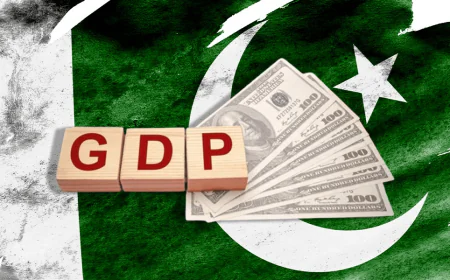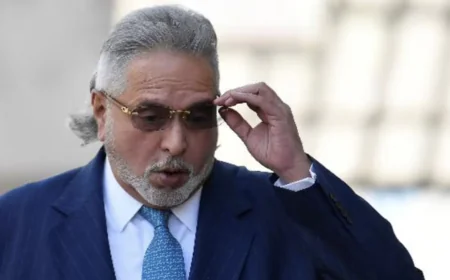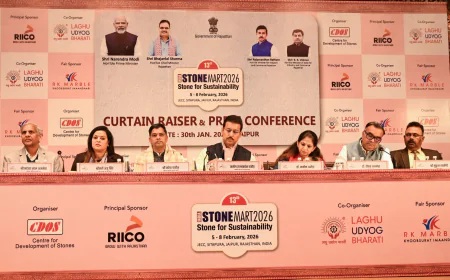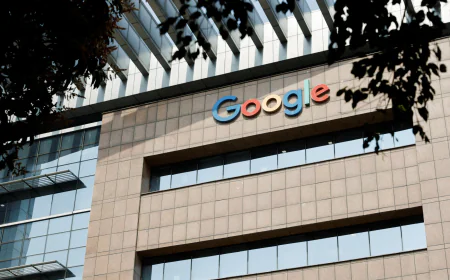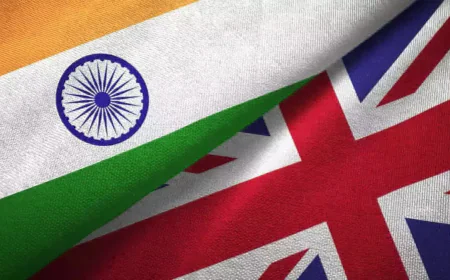Trump's strictness has impacted companies preparing to move to India; work will now shift from the US to India
H-1B US Visa Row: The impact of US President Donald Trump's strictness on H-1B visas is beginning to be felt. According to a report, American companies are preparing to move to India. This could lead to a large-scale shift of work from the US to India. Experts believe that the country can now become a strategic stronghold and a hub of global innovation. Read this report.
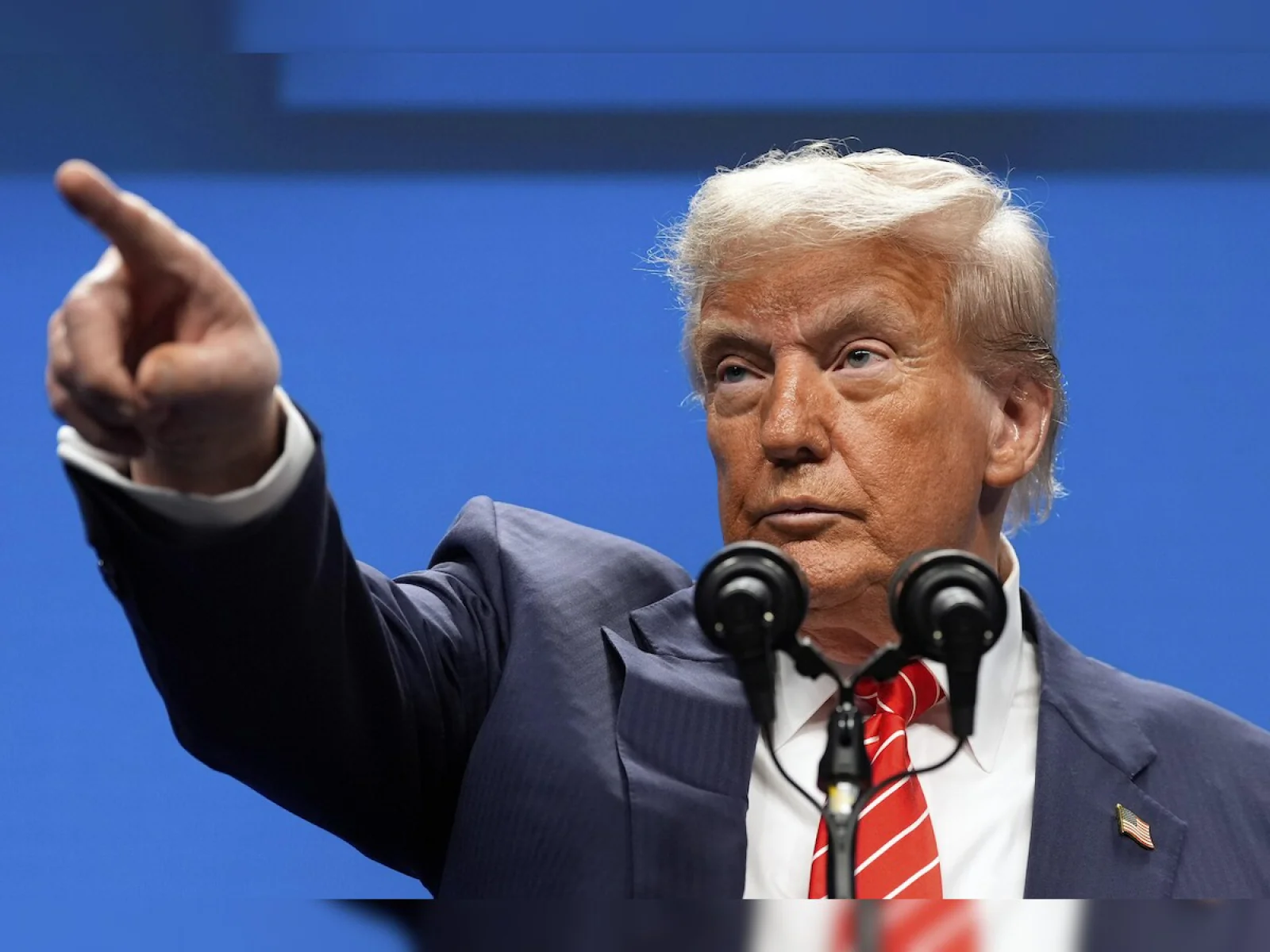
Following US President Donald Trump's increase in fees on H-1B visas, American companies are shifting their focus to India. They are considering relocating most of their work there. Industry experts say this will lead to unprecedented growth of Global Capability Centers (GCCs) in India. These centers will evolve from mere technical support to hubs of global innovation and strategic operations.
Retaining skilled talent in the US has become more expensive and complicated after the visa fee hike. Rohan Lobo, Partner at Deloitte India, states that many US firms are rethinking their labor strategies. He explains that GCCs are particularly suitable now because they allow companies to transfer critical functions to India using their own in-house systems, rather than outsourcing.
Experts believe that high-value, confidential, and strategic tasks such as artificial intelligence (AI), product development, cybersecurity, and data analytics will increasingly be outsourced to India-based GCCs. Lalit Ahuja, Founder of ANSR, describes this as a gold rush, driven by urgency, which will accelerate India's projected $100 billion GCC market.
Want to get your story featured as above? click here!
Want to get your story featured as above? click here!
India currently hosts over 1,700 GCCs worldwide, cementing its position on the global innovation map. It is gradually becoming a new hub for global talent. The COVID-19 pandemic has also demonstrated that key technical and research work can be efficiently performed from anywhere in the world.
Ramkumar Ramamurthy, former MD of Cognizant India, characterizes this as a trend toward extreme offshoring in some cases. However, amid this optimistic outlook, the proposed HIRE Act in the US presents a major challenge. The act could impose a 25% tax on outsourced work abroad. Nomura analysts warn that this proposed tax might threaten India's $283 billion IT industry, potentially decreasing the competitiveness of India's service exports.





































.jpeg)






















